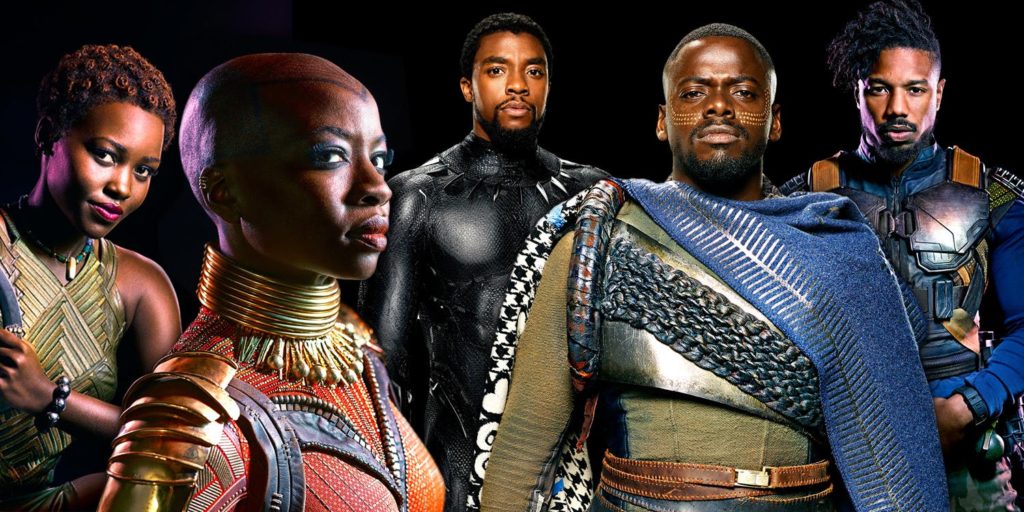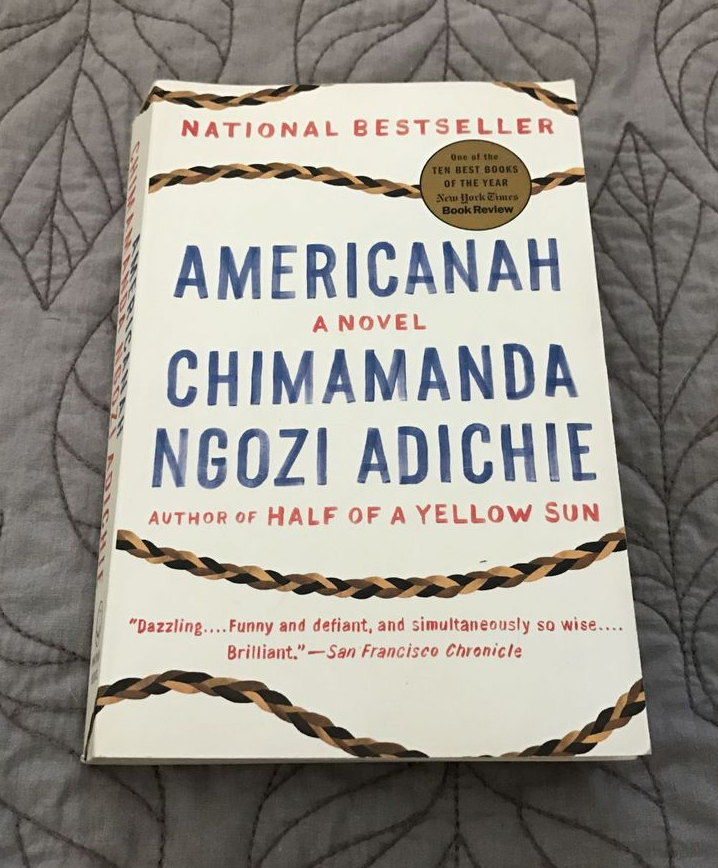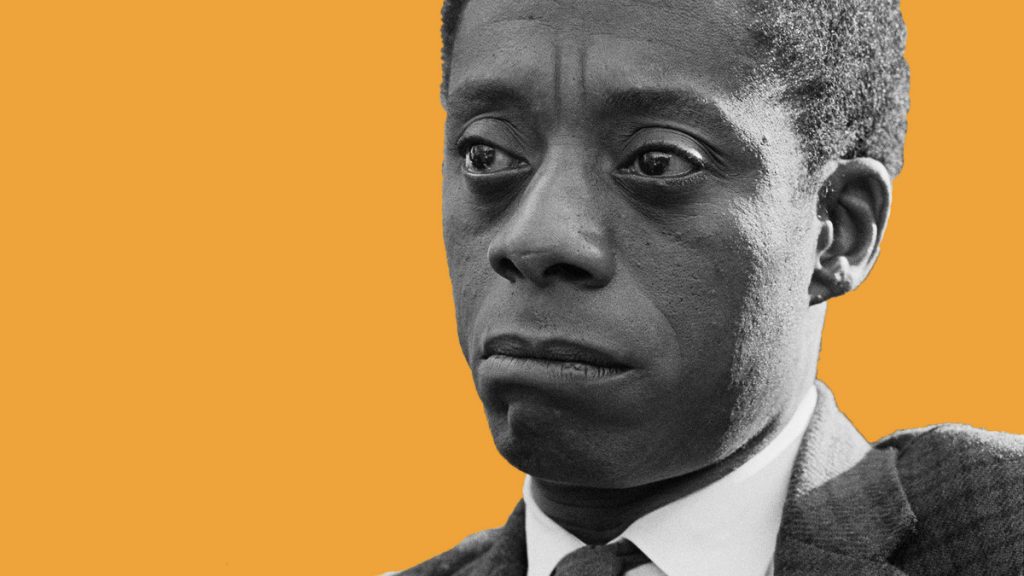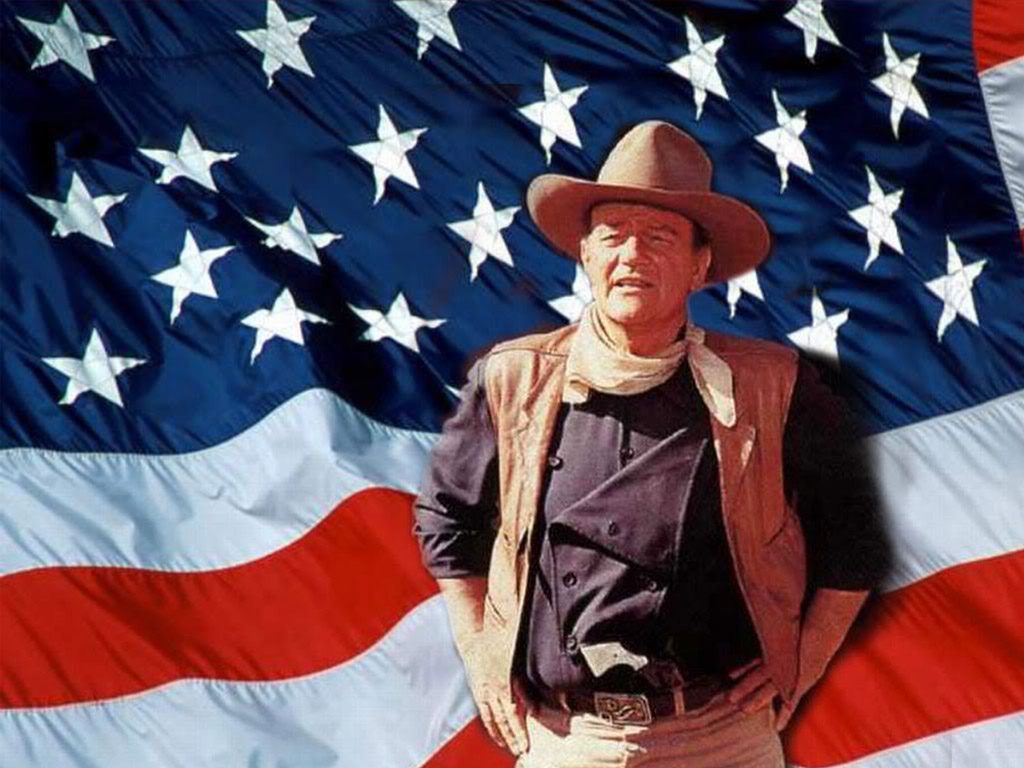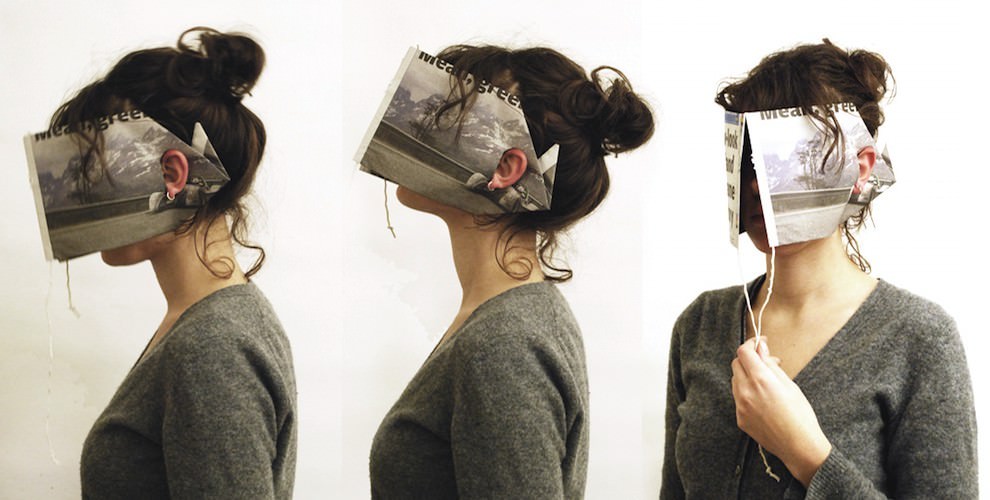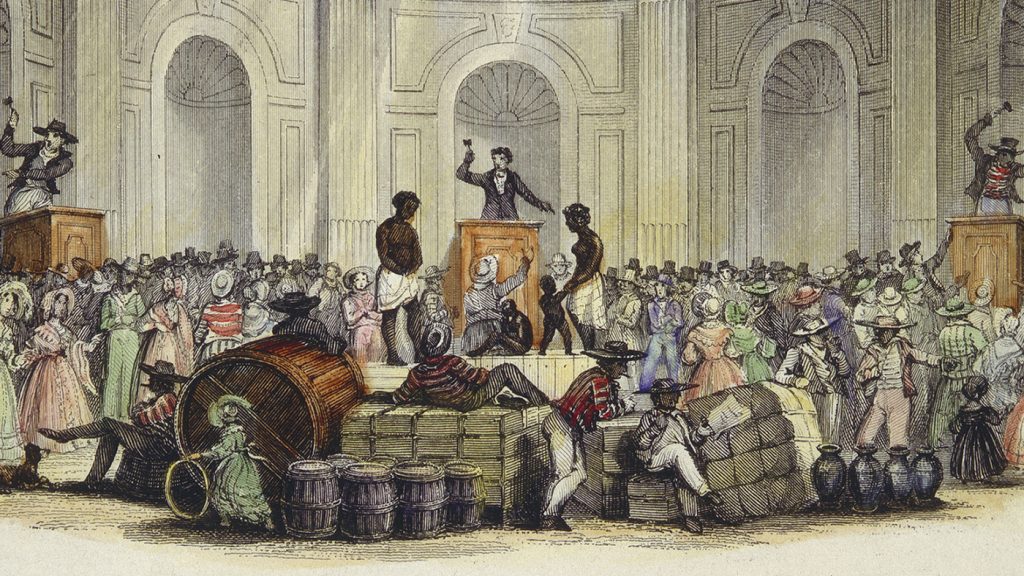The Adventure Continues
Last Monday, I posted about making a conscious effort to expand my reading habits to include more books written by and/or primarily about people of color. Then on Tuesday I had coffee with a group of friends who were talking about recent movies they’d seen and I realized how few of the movies I go to are about the world of anyone other than white people.
So I decided to break out of that habit and on Thursday, I went to see Black Panther! This is actually WAY outside my habit pattern, since I almost never watch sci-fi or adventure movies.
But I went because I’d already read quite a lot about the Black Panther movie — something I would not have done before waking up to my reading habits. Interestingly, even after reading all the great articles about what an important change this film represents, and what an impact it’s already having on the African-Amerian community, it never occurred to me to actually go SEE it. (This is what happens when habits are so deeply embedded!)
Anyway, I did go to see it. And I enjoyed it. Not the “action-packed-adventure-super-hero” part particularly, but I did love the costumes and the hairdos and the face-paint! And I loved the strong female characters (especially those awesome palace guards!!!) But mostly I loved that I was spending time in a world that wasn’t build around the way I see it.
Which was quite refreshing. I highly recommend it!
Reading Outside the (Color) Line
One of the (many) things that has changed in my life since participating in the Waking Up to Whiteness program (which I posted about here) is that I’ve started to notice how much of what I read is written by white people, about white people. Which is understandable — since I’m white. But so limiting!
Now I’m really making a conscious effort to break out of that pattern. To which end: I just started reading Americanah, by Chimamanda Ngozi Adichie.
I picked it because the New York Times recently listed it as one of “15 remarkable books by women that are shaping the way we read and write fiction in the 21st century.”
(Asymmetry, by Lisa Halliday, which I just finished reading and posted about here, was also listed. Click here for the compete Times listing.)
In the past, I probably wouldn’t have even noticed this novel. Which would have been a shame, because it’s TERRIFIC!!!
Here’s a sample from the first few pages:
“The man standing closest to her was eating an ice cream cone; she had always found it a little irresponsible, the eating of ice cream cones by grown-up American men, especially the eating of ice cream cones by grown-up American men in public. He turned to her and said, ‘About time,’ when the train finally creaked in, with the familiarity strangers adopt with each other after sharing in the disappointment of a public service. She smiled at him. The graying hair on the back of his head was swept forward, a comical arrangement to disguise his bald spot. He had to be an academic, but not in the humanities or he would be more self-conscious. A firm science like chemistry, maybe. Before, she would have said, ‘I know,’ that peculiar American expression that professed agreement rather than knowledge, and then she would have started a conversation with him, to see if he would say something she could use in her blog.
“People were flattered to be asked about themselves and if she said nothing after they spoke, it made them say more. They were conditioned to fill silences. If they asked what she did, she would say vaguely, ‘I write a life-style blog,’ because saying, ‘I write an anonymous blog called Raceteenth or Various Observations About American Blacks (Those Formerly Known as Negroes) by a Non-American Black’ would make them uncomfortable.
“She had said it, though, a few times. Once to a dreadlocked white man who sat next to her on the train, his hair like old twine ropes that ended in a blond fuzz, his tattered shirt worn with enough piety to convince her that he was a social warrior and might make a good guest blogger. ‘Race is totally overhyped these days, black people need to get over themselves, it’s all about class now, the haves and the have-nots,’ he told her evenly, and she used it as the opening sentence of a post titled ‘Not All Dreadlocked White American Guys Are Down.'”
There is Suffering
Not everything that is faced can be changed, but nothing can be changed until it is faced.
— James Baldwin
On Choosing
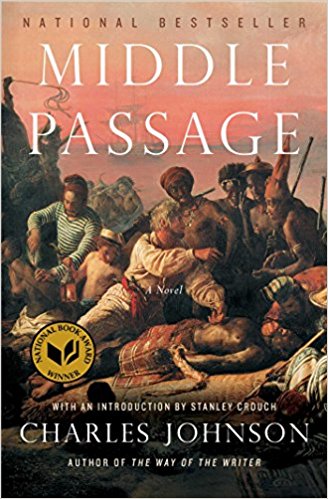 This month, I suggested the novel Middle Passage, by Charles Johnson, for my CDL White Awake group to read. I chose it because although I’ve read almost every book he’s written — and LOVED all of them — I have avoided reading this one.
This month, I suggested the novel Middle Passage, by Charles Johnson, for my CDL White Awake group to read. I chose it because although I’ve read almost every book he’s written — and LOVED all of them — I have avoided reading this one.
Even though it won the National Book Award (1990) and even though it’s his most famous book.
The problem: It’s about SLAVERY. And I’m white. So of course I don’t want to read it.
I’m serious. I really have NOT wanted to read this book. Even though I was mesmerized when he spoke to us at the CDL retreat, and even though he is THE MOST FABULOUS WRITER I’ve come across in a very long time — I have just not been able to get myself to read this book.
But the fact that I haven’t wanted to read it is exactly the reason that I really DO want to read it. Not as some kind of penance. Or because I feel like I “should” read it. Or that it would be “good for me” to read it.
But because I keep feeling drawn to it.
Even as I’m fighting against whatever it is that draws me, I know that there is something in this book that I want. Not something I want to have. Something I want to inhabit.
I’m not exactly sure what I mean by that.
I just know that even though I’m the one who chose this book for us to read — the truth is: this book has chosen me.
Peace is the Way
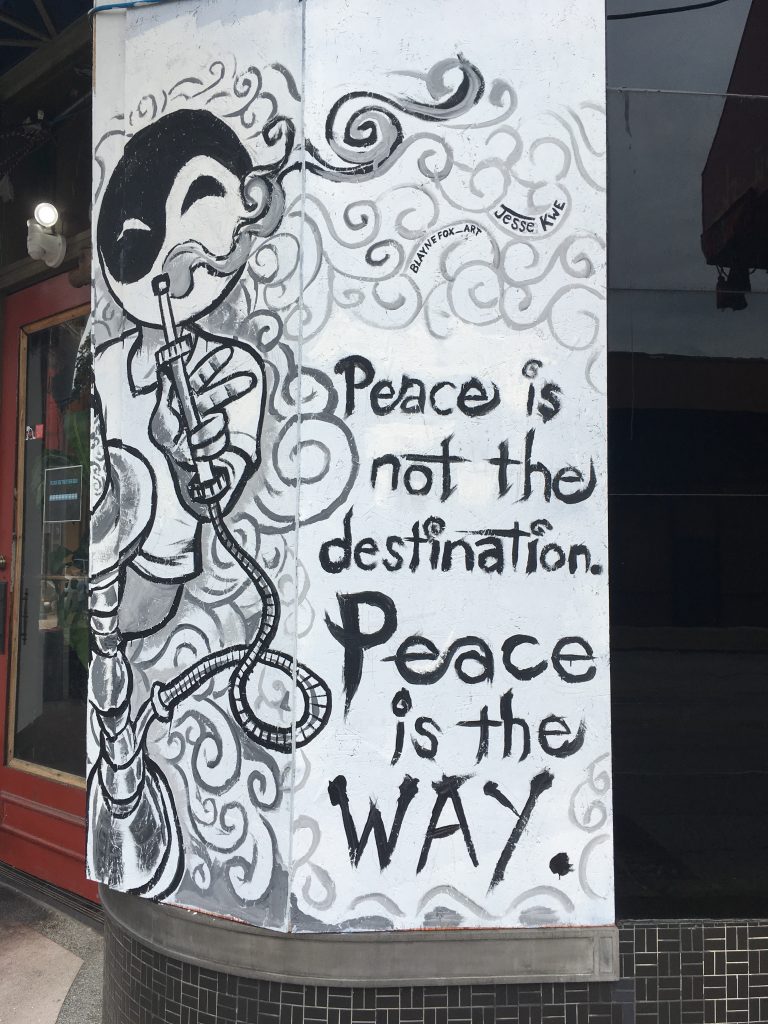 This is one of the (many) boarded-up windows of the shops and restaurants in the Loop that were smashed on Saturday night, after the peaceful protests officially ended and the acts of anger, frustration and violence began. It’s depressing to see such senseless destruction, but uplifting to see that so many of the repairs are painted with messages like this one.
This is one of the (many) boarded-up windows of the shops and restaurants in the Loop that were smashed on Saturday night, after the peaceful protests officially ended and the acts of anger, frustration and violence began. It’s depressing to see such senseless destruction, but uplifting to see that so many of the repairs are painted with messages like this one.
***
Note: One of my nephews-in-law is a cop (white), who lives in St. Louis and who was injured (not seriously) during the protests on Friday night.
Another nephew-in-law is a physician (who was born in India), who also lives in St. Louis and who, every day, must negotiate the very real danger of being a person of color in this country. This is my family.
It is also the HUMAN family.
We are all suffering. We must find a way to live with each other, without doing harm to each other. Violence only leads to more violence. Peace is the only way.
But Not All of Us
Three of my CDL buddies and I are continuing our “Waking Up to Whiteness” study group by assigning ourselves books to read (ones that we most likely would never have read in the past) and then talking about them together once a month. The book we’re reading now is Deep Denial: The Persistence of White Supremacy in United States History and Life, by David Billings.
Here’s a passage that has really stayed with me:
“The dominant culture in the US has always lifted up the nation’s ‘rugged individualism’ as key to understanding ourselves as a people.
“But not all of us have been allowed to be individuals. People of color have always been lumped together as part of a group even when the grouping made no sense (Hispanic), was ahistorical (American Indians), or culturally insulting (Asian).
“Only white people are allowed to be individuals, first and foremost.“
What We Imagine Ourselves to Be
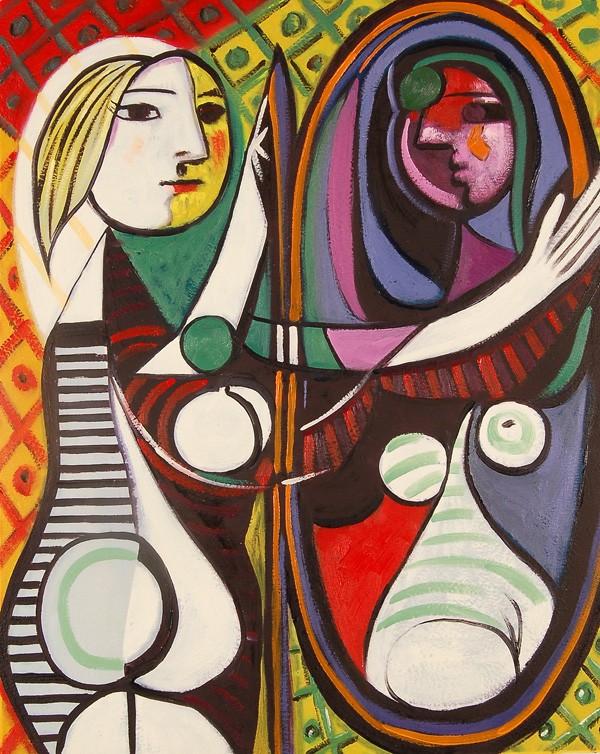 Another one of the readings that’s part of the first session of the “Waking Up to Whiteness” program I posted about yesterday is an article written by Bhikkhu Bodhi, titled: Taking Stock of Oneself.
Another one of the readings that’s part of the first session of the “Waking Up to Whiteness” program I posted about yesterday is an article written by Bhikkhu Bodhi, titled: Taking Stock of Oneself.
Here is an excerpt:
“Normally, in subservience to our need to confirm to ourselves our uniqueness and irreplaceable importance, we proceed to construct mental pictures–indeed, a picture gallery–of what we imagine ourselves to be.
“The self-image that emerges from these pictures becomes simultaneously a mainstay which we cling to in order to maintain our self-esteem and a standpoint from which we orient ourselves toward others and launch our projects in the world. To secure its tenuous status. the mind employed a variety of tactics ‘behind the back’ of our conscious awareness.
“It throws up blinders which keep out disturbing information; it flatters us with fantasied projections; it drives us to manipulate people and situation in ways that will seem to validate our tacit assumptions about our virtues and identity.
“All these projects born of the quest to substantiate our sense of identity only increase our suffering. The more we lock ourselves into the images we form of ourselves, the more we alienate ourselves from others and close off our access to liberating truth. Thence release from suffering requires that we gradually discard our delusive self-images through rigorous examinations of our minds.
“The venerable Sariputta, in the Discourse on No Blemishes (MN5), stresses the role of honest self-assessment as a prerequisite of spiritual growth. He points out that just as a dirty bronze bowl, deposited in a dusty place and utterly neglected, only becomes dirtier and dustier, so if we fail to recognize the blemishes in our minds we will not make any effort to eliminate them, but will continue to harbor greed, hatred and delusion and will die with a corrupted mind….
“The task of self-knowledge is always a difficult one, but it is only by knowing our minds that we will be able to shape them, and it is only by shaping our minds that we can liberate them.”
***
And so we begin.
I Didn’t Know I Was Suffering
I am so grateful for what I learned — for what I have been released from — by working through the “Waking Up to Whiteness” curriculum (organized by members of the East Bay Meditation Center) that I have just formed a new “Waking Up” group and will go through the program again with them.
One of the readings the group will be discussing during our first session is a letter written by Kristin Barker, one of the organizers of the curriculum. Here’s an excerpt:
“There’s good reason we find this work so challenging! In the US, whiteness is made, by whiteness, invisible. In my own life, I was taught not that I was ‘white’ but that I was ‘normal.’ Being ‘just a normal person,’ I was trained to believe that any advantages I have achieved in this life, whatever they are, were owed to my own merit, hard work, or at most to my ‘good fortune.’
“The notion that I have benefitted — and continue to benefit enormously — from not just historical but from the ongoing oppression of others was quite understandably disturbing to my sense of self….
“Suddenly I became aware that people of color knew something about me that I didn’t know, that I was, for instance, wrong in conceiving of myself as ‘normal’ and that I was unknowingly benefiting from — and even perpetuating — the dominance of white people. People of color knew I was white and they knew, so much better than I, what that meant in this world…
“And of course this would challenge me deeply for how painful it is to recognize my role in oppression when I don’t experience myself as ‘doing anything wrong.‘ The only upside to these realizations seemed to be my interest — shaky at times — in truth. And yet there was something more.
“The truth is that I didn’t know I was suffering. The understanding of deep interdependence means that operating in a culture that objectifies, exploits and oppresses, even and especially when hidden from the dominant view, divides the heart against itself. It can be deeply challenging to lean into this. To be willing to look and not waiver is to open to suffering on a massive scale…
“But this is what I want to share and why I wanted to write this letter. The upside is no much greater than I knew, so much greater than just ‘accepting the hard truth’ like a bitter pill. I submit that the upside isn’t even learning to do less harm to people of color, although that is a necessity.
“The upside is wholeness. I have found that, just as promised, if I can turn towards the suffering of racism, against my ego’s self-protecting tendencies, I do experience pain — yet I come to suffer less.
“Some resistance is released. Some wall is dissolved. I may be bewildered and disoriented, but I am strangely more whole. From this place there seems the potential to be (with time and practice) more honest, more courageous and perhaps more truly useful to the causes that move me. My relationships with people of color are more authentic. I can occupy my own location of privilege with more honesty and so much less to defend….
“As uncomfortable, as painful, as disconcerting, as overwhelming as it may be, we have the opportunity to respond individually and collectively, supporting one another in seeing through delusion and making a new way…
“I believe we have an incredible opportunity to know deeply the ways that racial divisions, and all forms of division, maintain our suffering. And in so doing we can not only make ourselves more whole but we can radiate whatever understanding we develop out into our world.…
“May we be wildly successful!”
***
Kristin completely captures my own experience in going through the program. It was hard, but it was liberating!!!
If you’d like more information about the “Waking Up to Whiteness” curriculum or are interested in forming a group of your own, please email me here.
Not Just New Orleans
I want to say how impressed and uplifted I am by Mitch Landrieu’s speech on the removal of Confederate monuments in New Orleans, and encouraged that St. Louis’s new mayor, Lyda Krewson, is moving in the same direction (although so far without the power of such a fabulous speech).
Missouri was a slave state, and just like New Orleans, St. Louis has a terrible history that some have tried to “whitewash” by playing down the brutal realities of slavery.
Quoting from Landrieu’s speech:
“New Orleans was America’s largest slave market: a port where hundreds of thousands of souls were bought, sold and shipped up the Mississippi River to lives of forced labor, of misery, of rape, of torture. America was the place where nearly 4000 of our fellow citizens were lynched, 540 alone in Louisiana; where the courts enshrined ‘separate but equal’; where Freedom riders coming to New Orleans were beaten to a bloody pulp. So when people say to me that the monuments in question are history, well what I just described is real history as well, and it is the searing truth.
And it immediately begs the questions, why there are no slave ship monuments, no prominent markers on public land to remember the lynchings or the slave blocks; nothing to remember this long chapter of our lives; the pain, the sacrifice, the shame… all of it happening on the soil of New Orleans. So far those self-appointed defenders of history and the monuments, they are eerily silent on what amounts to this historical malfeasance, a lie by omission. There is a difference between remembrance of history and reverence of it…
“We cannot be afraid of our truth. As President George W. Bush said at the dedication ceremony for the National Museum of African American History & Culture, ‘A great nation does not hide its history. It faces its flaws and corrects them.’…
“I knew that taking down the monuments was going to be tough, but you elected me to do the right thing, not the easy thing and this is what that looks like. So relocating these Confederate monuments is not about taking something away from someone else. This is not about politics, this is not about blame or retaliation. This is not a naïve quest to solve all our problems at once.
“This is however about showing the whole world that we as a city and as a people are able to acknowledge, understand, reconcile and most importantly, choose a better future for ourselves making straight what has been crooked and making right what was wrong. Otherwise, we will continue to pay a price with discord, with division and yes with violence.” [Ferguson!]
***
Mayor Krewson: If New Orleans can do it, St. Louis can do it too. Start working on that speech!
The Reality Is….
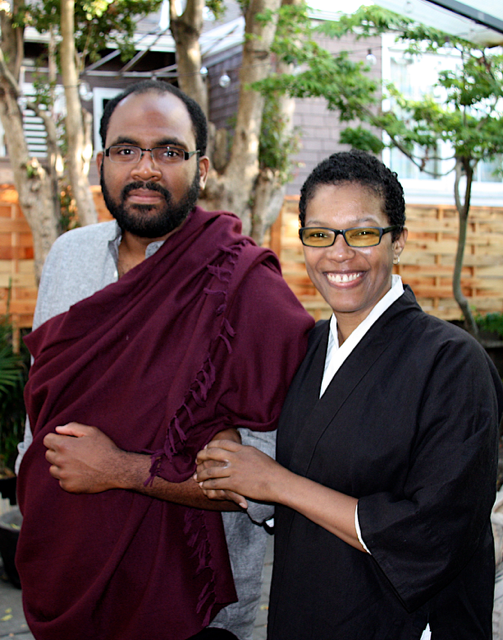 The sangha I sit with is overwhelmingly white, even though the population of metro St. Louis is 18% African-American.
The sangha I sit with is overwhelmingly white, even though the population of metro St. Louis is 18% African-American.
So I feel compelled to share this excerpt from Radical Dharma: Talking Race, Love, and Liberation, an important book that I had resisted reading — I’m sorry to say — because the cover kind of scared me.
The following is part of a public dialogue between Lama Rod Owens and Rev. angel Kyodo williams. (pictured here)
Rev. angel:
What I get to hear is largely about white folks who are trying to figure out how to fix the people of color problem. That’s what people ask me all the time: “How do we invite people of color?” What I don’t hear in that is: “I’m suffering. I’m experiencing trauma. What is it that I can do to help myself?”
Lama Rod: I think it says a lot about sanghas when the line is: “Well, we need to be more diverse. How do we get brown bodies into these seats?” I don’t care about brown bodies populating the sangha because that’s a distraction for me. I am interested in the healing piece. I’m interested in looking at how we’re suffering, how we’re creating these relationships that actually exclude people. I don’t use the word “diversity.” I really rarely use the word “racism.” I think we have this programmed response to these words, and we have to disrupt that by transforming the language a little bit or by using more precise language. The suffering of whiteness. The trauma of whiteness. Let’s look at our suffering. How do we practice in such a way that we’re restoring our humanity? How can we instigate that kind of transformation? Because healing is also transformation….
Rev. angel: For me, too, there’s been too little conversation allowing space for the unearthed suffering of white folks. Almost because of the power dynamics involved and almost because we have been so racialized into saying, “If I’m white, I’m supposed to feel bad for folks of color.” But there’s zero space for white folks to really claim suffering around living in a racialized society. There’s no space, it seems to me, for white people to actually get down to the conversation… I just don’t see how we can ever expect that this dynamic is going to change if we can’t allow people to fully claim their own suffering.
That’s what the dharma is actually about. It’s about allowing people the space and the opportunity for discomfort so that they can touch their own suffering….
So we can all be on good behavior, and I feel that that’s what we’ve had in the dharma for the last forty years. Good behavior dharma. It’s largely progressive–not 100 percent–and we have this progressive liberal way of talking about race, either “I’m color-blind” or “I’m OK with colored folks” in theory. But the reality is that people of color are not feeling welcome.
***
This has to change. I don’t know how to do it. But I am committed to doing it anyway. Starting with myself — by allowing myself to feel this discomfort — and by not keeping quiet about it.

